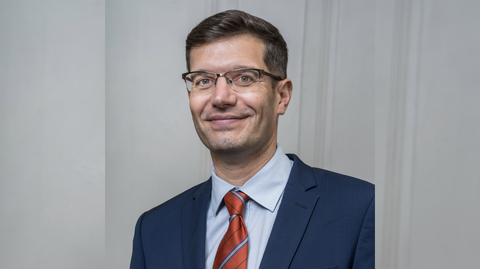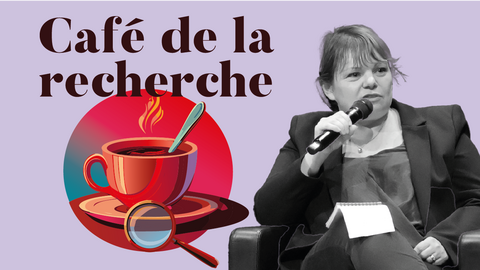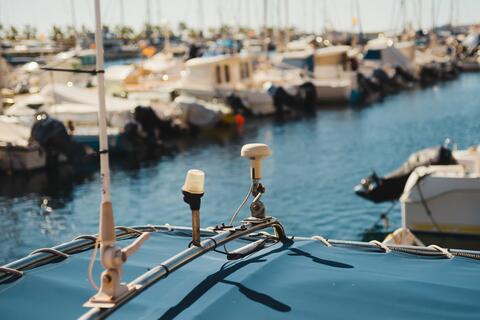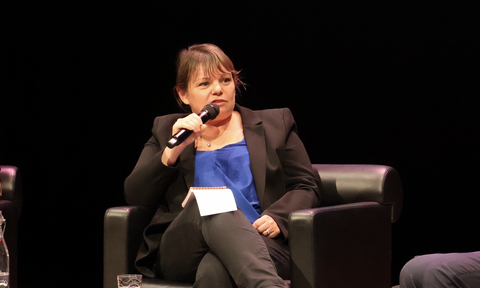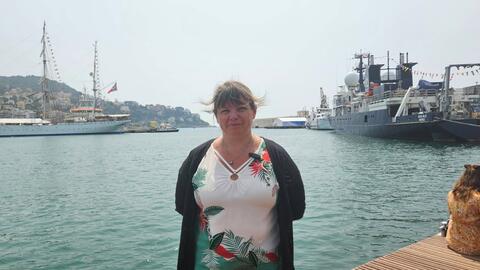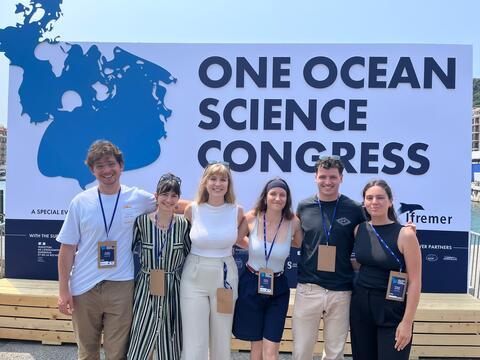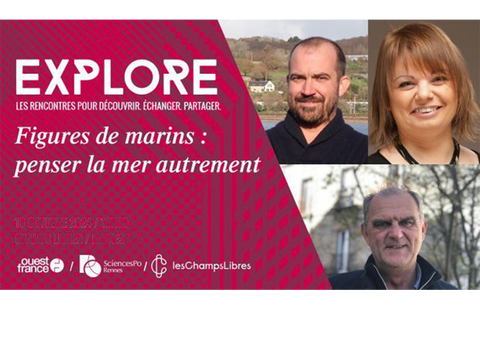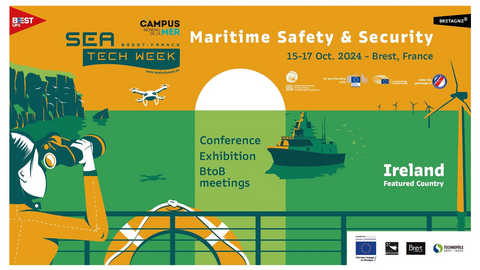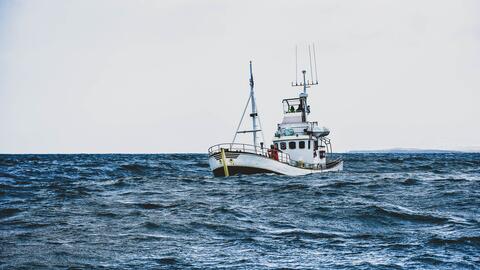
From coastlines to high seas, from cold oceans to tropical waters, focus on maritime spaces is shaped by how human societies relate to the sea and the resulting visions and strategies that they adopt. The world’s oceans have become an arena for conflict and power struggle, but also for innovative partnerships – both public and private – in a context of climate change, growing maritime activity, and changing perceptions of maritime spaces. Sciences Po Rennes decided to explore these challenges by hosting a partnership chair for the development of an international vision of the seas and oceans that studies geographical, identity, cultural and strategic aspects of maritime spaces. Sciences Po Rennes offers the multidisciplinary approach needed for an in-depth understanding of maritime spaces. The first political science faculty to offer a global approach to the study of maritime issues aimed at informing maritime policymaking, Sciences Po Rennes has established a Chair that goes beyond coastline and spatial planning considerations and maps a new course towards a ‘marinization’ of public policy.
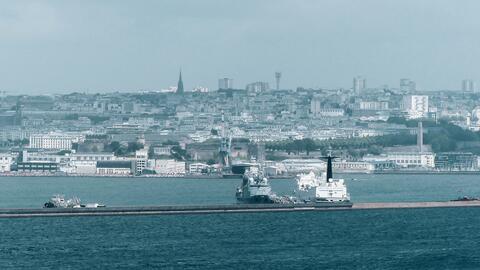
Oceans cover 70.8% of the planet’s surface.
The ‘maritimization of the world’ is a phenomenon linked to a “growing political and social awareness of the economic, ecological, military and diplomatic importance of maritime spaces in globalization.”
A project enriched by a top-notch academic program to offer multiple perspectives
In September 2022, Sciences Po Rennes created the first program in the Sciences Po network focused on the impact of oceans on regional issues. The program, directed by Gwenaël Leblong-Masclet in Brest, is a second-year Master’s degree on the “Governance of major cities, public affairs and maritime issues” that includes introductory classes in year one. The program is both enriched by, and contributes to, Chair-related research.
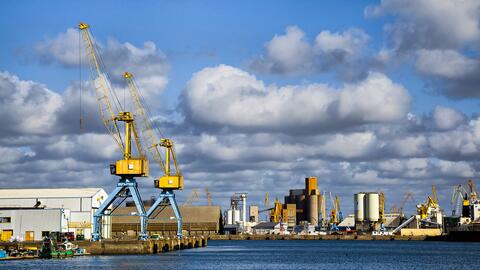
An inclusive and scalable project: a forum for discussion and new connections
Geared to applied research and academics, the Chair program is a long-term, renewable three- to five-year project developed jointly by academic, industrial, non-profit and institutional stakeholders.
The Chair offers a cross-cutting and all-encompassing approach to maritime studies and a special interface for public and private stakeholders, researchers and Sciences Po Rennes to converge on an innovative subject through excellence in research.
Agile to accommodate new developments on the subject and its partners, the Chair acts as a forum for hybridization and collective conversation with the aim of proposing sustainable ideas to solve the new challenges facing our ocean planet.
4M Chairholder and Project Director: Dr Virginie Saliou
A graduate of Sciences Po Rennes, where she completed a thesis on “Governing oceans”, Virginie Saliou is a recognized expert on maritime issues, from the shore to the high seas. Since 2006, Dr Saliou has combined academic and research roles with experience as a strategic advisor to French, European and international ministries and institutions. She has lectured on maritime issues at France’s naval academy (École navale), ENSTA engineering school and Sciences Po Rennes since 2019. She is a researcher on maritime security and safety at France’s Institute for Strategic Research. She was awarded the French Order of Maritime Merit for her contribution to the creation of the Maritime Domain Awareness for Trade – Gulf of Guinea (MDAT-GoG) and the MICA Center of the French Navy in Brest in 2016, aimed at assisting mariners in the event of piracy incidents.
Three objectives
1. High-level research on international maritime issues
2. Cross-cutting education on maritime-related subjects
3. Increased public awareness about maritime issues through science outreach and scientific research with and for society)
Three areas of research
1. A territorial approach: understanding our planet’s oceans
2. A political and identity-based approach: understanding maritime issues around the world
3. A strategic approach: analysis of maritimization processes
Three types of partnerships
1. Sponsorship: Minimum three-year (preferably five-year) open-ended funding commitment (tax-deductible for the sponsor).
2. Project-specific funding: Additional support for a specific, jointly developed project (funding for an internship, post-doctoral position or a special conference, for example)
3. Support in the form of researcher hours (institutional partners): Temporary transfer of employees from institutional partners to take part in research projects.
Pragmatic and participatory governance
1. An office of the Chair for quarterly reviews
2. A Chair steering committee to co-develop research programs on an annual basis
3. A committee of leading scientists and experts to ensure relevance and independence


